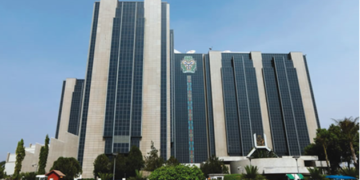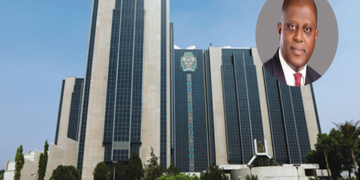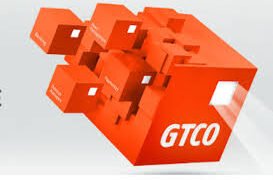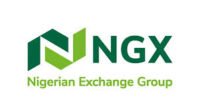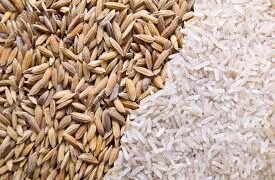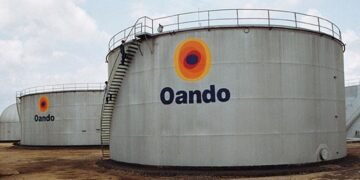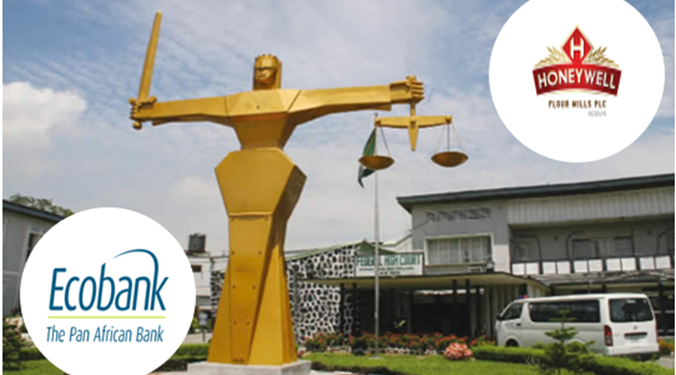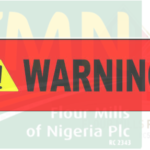Ecobank Nigeria Limited has been ordered by the Federal High Court in Lagos to pay Honeywell Flour Mills Plc (NGX: HONYFLOUR) N72.2 billion in damages for the long-running legal battle between the two organisations.
Also read; Board of Cutix Plc recommend 12 kobo dividend for year ended April 2023
In its ruling, the Court stated that Honeywell Flour had been denied the use of funds in its account based on the ex-parte order granted in favour of Ecobank, and therefore entitled to the amount claimed in damages.
Justice Muhammad Lima who delivered the ruling via zoom frowned at Ecobank lawyer’s approach stating that,
“The purpose of an undertaking to pay damages has been held in a legion of cases to indemnify the party for the losses he may suffer on the bases of an ex-parte order. Note that Rule 4 of the Winding Up Rules provides that all applications which affect the rights of parties in a winding-up proceeding must be made on notice.
“The provisions of the winding up rules are very clear and unambiguous. The Defendant cannot claim ignorance of this provision as ignorance of the law is no excuse and it is even more inexcusable if it is committed by a lawyer.
“The ex parte application was therefore made ultra vires.”
The case between Ecobank Nigeria Limited, a key subsidiary of Ecobank Transnational Incorporated (NGX: ETI) and Honeywell Flour Mills Plc dates back to 2015 when Ecobank obtained ex parte orders to freeze the bank accounts of Honeywell Flour Mills under suit number FHC/L/CP/1689/2015.
The Honeywell accounts had been frozen in an effort to wind up the company and resolve its liabilities to Ecobank. In exchange for the ex parte order, Ecobank agreed to compensate Honeywell for any losses.
Overtime, the orders were modified, initially giving Honeywell limited access to its accounts.
Following a Honeywell appeal, in 2016, the Court of Appeal set aside the ex parte orders, restoring Honeywell’s full account operations. The Court of Appeal found that the request to freeze the assets made by Ecobank should not have been approved in the first place.
Unsatisfied by the Court of Appeal ruling, Ecobank took its case to the Supreme Court. In 2018, the Supreme Court upheld the decision of the Court of Appeal and clarified that ex parte injunctions are not permissible in winding-up petitions.
After the Supreme Court confirmed the decision of the Court of Appeal, Honeywell Flour Mills demanded Ecobank meet its promise to reimburse the business for the loss incurred as a result of the ex-parte decree, which was illegitimate.
The corporation which is now part of Flour Mills of Nigeria Plc (NGX: FLOURMILL) sued Ecobank for more than N72 billion in an effort to recover damages.
The Federal High Court in Lagos sided with Honeywell and awarding all four reliefs requested, amounting to N72.2 billion in total.
A review of Honeywell’s annual financial reports of the past 10 years shows that the company has not made up to a 10th of the damages as profit after tax.
It’s highest profit over the aforementioned period was the N5.46bn it reported in 2017.
For the 2022 financial year ended 31 March 2022, Honeywell posted a loss after tax of N172.14mn.
In April 2022, Flour Mills of Nigeria Plc completed the acquisition of 76.74% stake in Honeywell Flour Mills, in a negotiated deal from Honeywell Group and First Bank of Nigeria Limited, despite warnings from Ecobank.
Nnamdi Maduakor is a Writer, Investor and Entrepreneur











